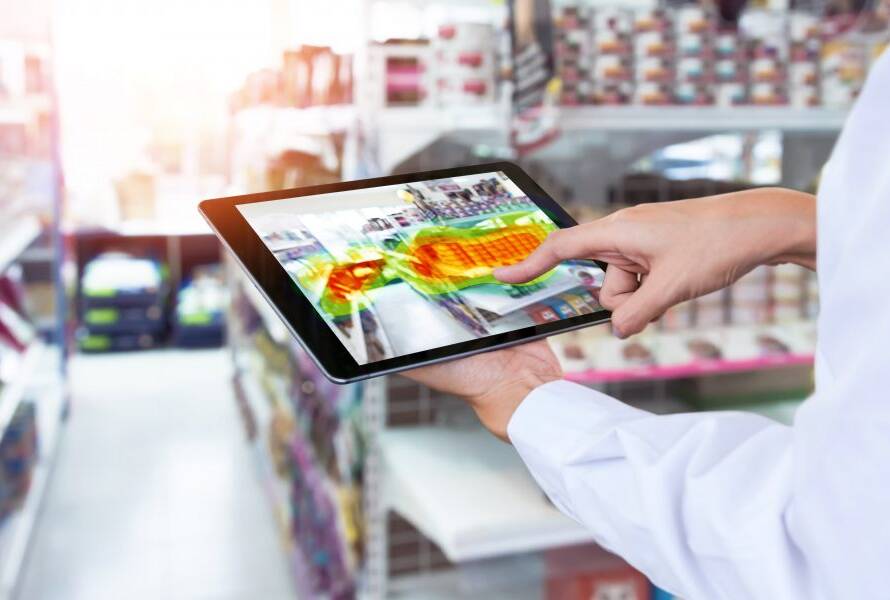
Traveling is a beautiful experience that creates unforgettable memories, and for some, it is a way of life. We travel for pleasure, to visit family, and for business. However, these moments can quickly turn into disasters if we are not cautious about security issues. Security professionals working within the travel sector have an enormous responsibility to ensure the safety of travelers. They are tasked with finding ways to guarantee security, dealing with travelers’ cautiousness while balancing the airport’s logistics, safety, and even privacy of all passengers.
Although security measures in airports have improved, terrorism, cybercrime, and identity theft threats remain. Security technology can help travel security professionals mitigate risks.
Key Challenges
Travel security is becoming increasingly important for both travelers and organizations. Terrorism is a very real threat to the travel sector, and the possibility is always looming. Security professionals must remain ahead of the game to anticipate and prevent an attack. They must also create strategies to respond quickly should an incident occur. These strategies involve several measures, such as utilizing the latest technology, implementing training programs, and partnering with the government agencies or intelligence groups. Security directors have changed their programs to reach a more significant number of travelers by introducing online educational tools that teach the public how to recognize and report irregularities.
To ensure smooth airport operations, security professionals must also make advanced preparations for high-traffic periods such as holidays and sporting events. It is essential to have a system in place to ensure travelers have a positive experience and trust that security measures are for their benefit. The use of automation technology, fast biometric scans, security screeners, and online check-in tools have been used to streamline the process.
Lastly, an essential issue that must be tackled is cybercrime and identity theft that affect traveling passengers. Cybersecurity professionals must develop and maintain security systems that protect against cyberattacks when traveling.
Utilizing Open Platform Security Technology
Given the challenges mentioned above, a security technology is an essential tool for travel security managers. In an era where security threats are evolving and becoming more sophisticated, an open video management system (VMS) platform allows users flexibility in choice when it comes to cameras and access control. Here’s why VMS is valuable for travel security:
- Real-time monitoring. By deploying surveillance cameras strategically, security personnel can monitor activities and identify potential threats in critical areas such as bus stations, train stations, airports, hotels, and public spaces. Real-time monitoring facilitates immediate response, enabling security professionals to intervene promptly and prevent security breaches.
- Crime deterrence and investigation. The presence of visible cameras acts as a deterrent against criminal activities, which discourages and reduces the likelihood of crime, such as theft, vandalism, or terrorism. In the event of an incident, recorded footage serves as valuable evidence for investigations to identify culprits.
- Crowd management. With the increasing volume of people traveling, a VMS can help monitor crowd movements, detect potential congestion or bottlenecks, and identify any suspicious or abnormal behavior. This allows security teams to take proactive measures to ensure safety and a smooth flow of crowds, preventing potential incidents.
- Integration with other security devices. An open platform VMS can be seamlessly integrated with other security systems, such as access control, alarm systems, and emergency response devices. These integrations enable a unified approach to security management where information from various systems is consolidated and analyzed in a centralized manner. This enhances the effectiveness of security measures, facilitates quick response coordination, and streamlines overall security operations.
- Remote monitoring and management. VMS solutions offer remote monitoring, management capabilities, and cloud computing, allowing security personnel to access live video feeds, capture footage, and store it on-premise or into the cloud. Remote management improves operational efficiency, reduces costs, and ensures continuous surveillance and security oversite.
Security professionals working within the travel sector must confront challenges head-on with a composed and innovative mindset while maintaining safety, privacy, and convenience for all passengers.
With advancements in technology, they must remain up-to-date and ensure that their plans align with the latest security protocols continually. Therefore, leveraging security technology is essential for providing travel security in today’s travel sector. Travel facilities can ensure a safer and more secure environment by implementing technology with the right integrations in place and the right infrastructure. By utilizing all these benefits together for travel security, security professionals can maintain a secure and positive travel experience for all.
As seen on Security Management




